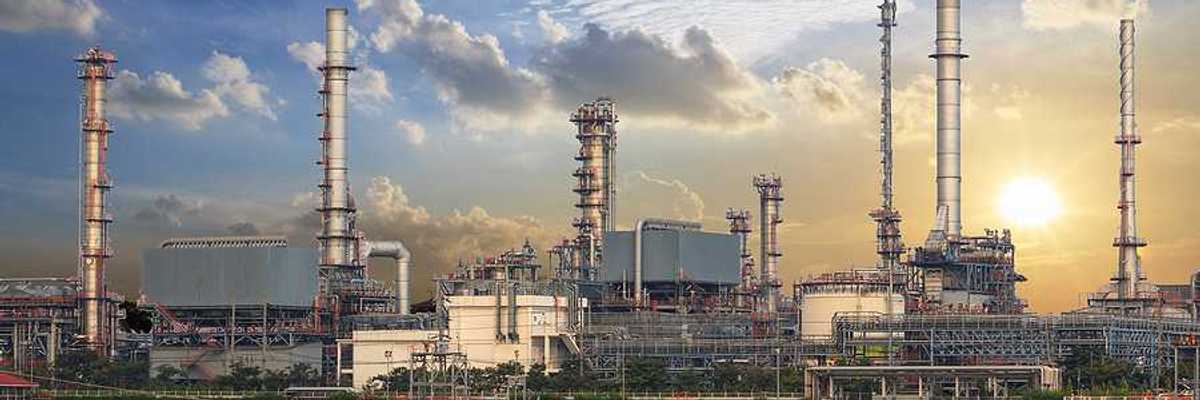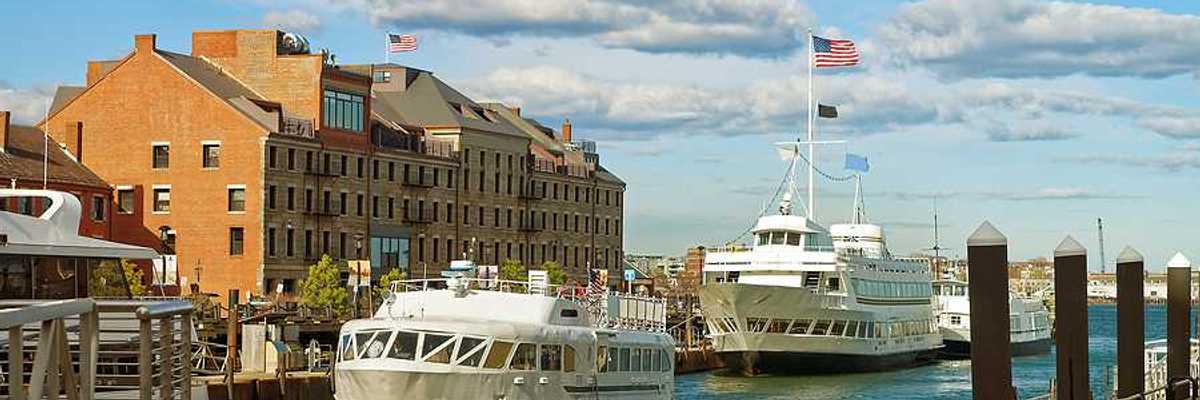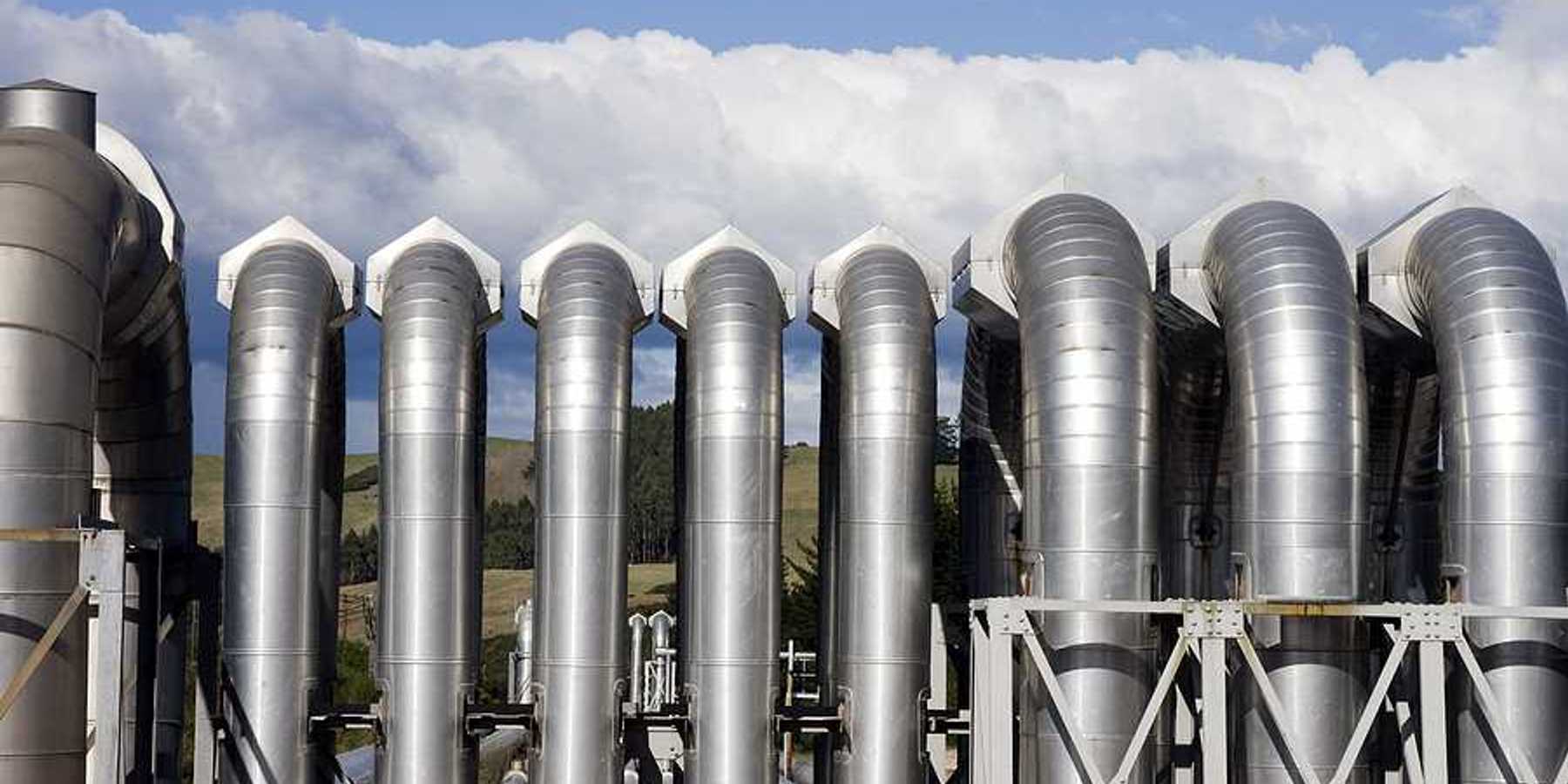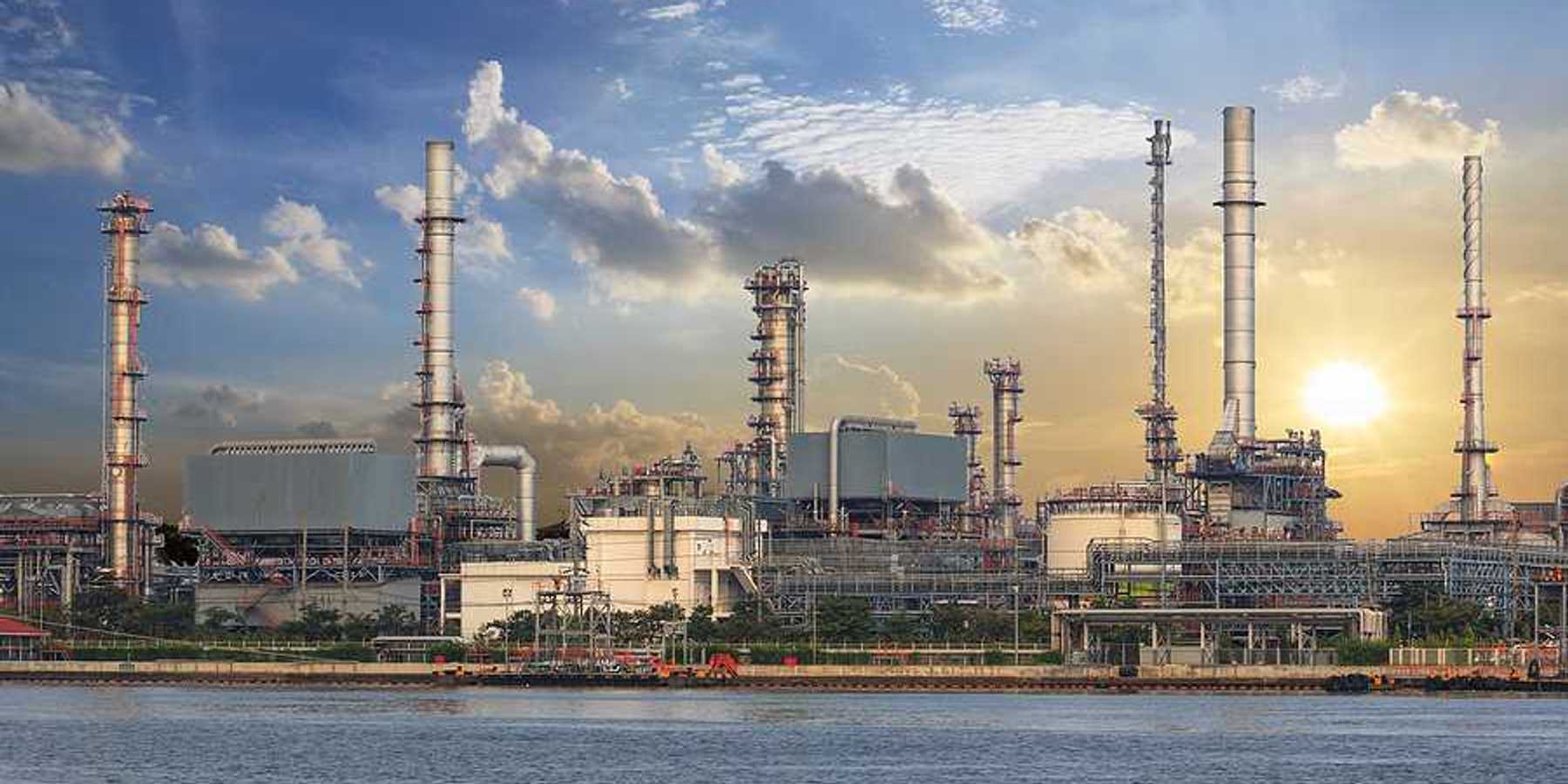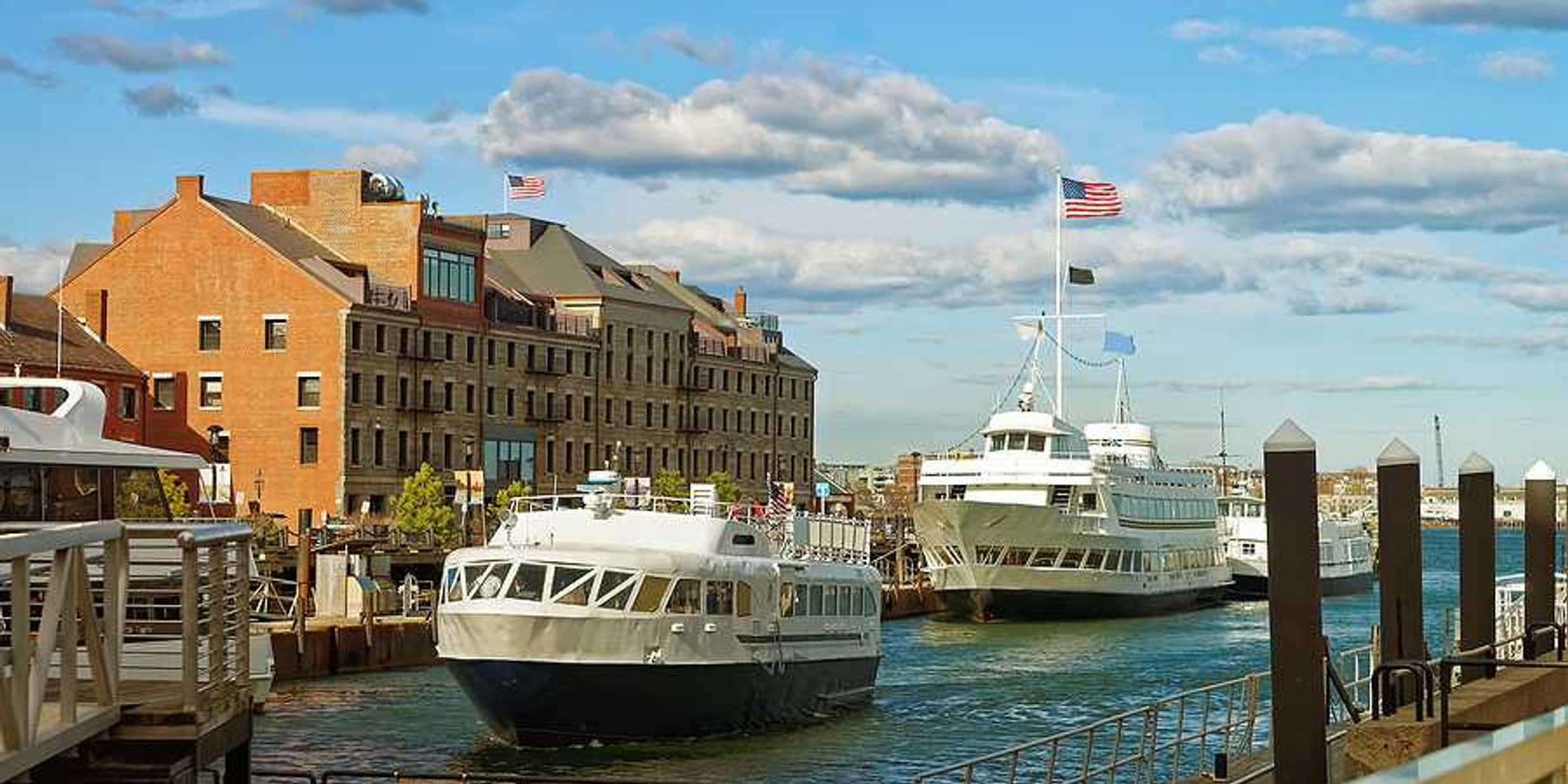food
Climate-friendly eating is already happening, one farm at a time
Ecologist Mark Easter’s new book, The Blue Plate, shows how small shifts in farming and food consumption can help curb climate change by reducing agriculture’s carbon footprint.
In short:
- Easter breaks down the environmental impact of common U.S. foods, from bread to meat, showing how emissions are tied to every step of the food chain.
- The book highlights small-scale agricultural innovations across the U.S. that reduce emissions, arguing these changes can be scaled up.
- Easter draws on personal history, linking today’s climate challenges to practices like those from his great-grandmother’s time during the Dust Bowl.
Key quote:
“We’re basically trying to tally the flow of carbon and nitrogen back and forth between the Earth and the atmosphere... Do we have too much flowing in the wrong directions?”
— Mark Easter, ecologist and author.
Why this matters:
The way we produce and consume food plays a key role in climate change. By adopting sustainable farming methods, even small shifts can help restore soil health and reduce greenhouse gas emissions, helping to combat global warming.
Learn more:
Food waste and agriculture are major drivers of methane emissions
Researchers have found that human activities, especially food production and waste, are responsible for two-thirds of global methane emissions, offering a chance for intervention.
In short:
- Global methane emissions have risen rapidly, with agriculture and waste contributing nearly twice as much as fossil fuel production.
- Livestock farming, particularly cattle and sheep, is the largest agricultural source of methane, with dietary changes and innovations like seaweed feed additives as potential solutions.
- Managing food waste better, such as through composting, can also significantly reduce methane emissions.
Key quote:
Reducing methane "is also seen as a possible way to buy time.”
— Peter Raymond, professor of ecosystem ecology at the Yale School of the Environment
Why this matters:
Methane is a potent greenhouse gas that traps heat much more effectively than CO2, though it has a shorter lifespan. Reducing methane emissions can provide a faster impact in slowing global warming, making it a key target for climate action.
Learn more: How the world wastes an astonishing amount of food, in three charts
Low water levels disrupt transportation on the Mississippi River
For the third consecutive year, drought in the Midwest is driving down water levels in the Mississippi River, hampering the transport of fuel and grain and pushing businesses to find alternatives.
In short:
- Drought conditions in the Midwest have lowered Mississippi River water levels since mid-July, causing transportation delays and increased costs for goods like grain and fuel.
- Barge operators are facing rising costs, with barge rates increasing by 57% compared to the three-year average, leading to higher shipping expenses for businesses.
- Climate scientists warn that alternating wet and dry conditions may become more common as climate change affects regional weather patterns.
Key quote:
“This was front and center for us. One of the main things that we talked about were these rapid oscillations … between wet to dry and dry to wet extremes..”
— Aaron Wilson, Ohio’s state climatologist and a professor at Ohio State University
Why this matters:
The Mississippi River plays a crucial role in U.S. agricultural exports. Prolonged disruptions could hurt U.S. farmers, especially soy growers, and allow foreign competitors to gain an advantage in the global market.
Food assistance programs are stepping up during heat waves
Amid rising temperatures, food banks and meal delivery services are playing a critical role in helping vulnerable populations stay safe, particularly older adults facing mobility and health challenges.
In short:
- Citymeals on Wheels delivers food to more than 20,000 homebound seniors in New York, providing essential support during heat waves.
- Volunteers not only bring meals but also check on recipients, helping prevent heat-related illnesses among socially isolated older adults.
- Food banks across the country, such as those in Los Angeles and Texas, are responding to increased demand as extreme heat exacerbates food insecurity.
Key quote:
“One of the things we talk about during heat events is checking on your neighbor.”
— Heidi Brown, professor and program director of epidemiology at the University of Arizona
Why this matters:
Extreme heat disproportionately affects older adults, unhoused people and families with children, heightening food insecurity and health risks. As climate change intensifies, the role of food assistance in protecting vulnerable communities will grow even more essential.
Slaughterhouses ordered to pay for deforestation in Brazil’s Amazon
A Brazilian judge has ordered two beef slaughterhouses and three ranchers to pay $764,000 for contributing to deforestation in a protected Amazon rainforest area.
In short:
- Two slaughterhouses, Distriboi and Frigon, were found guilty of buying cattle from illegally deforested land in Rondonia’s Jaci-Parana reserve.
- The $764,000 penalty includes $453,000 for reforesting 232 hectares of land that was converted to pasture.
- This case is one of several lawsuits seeking damages from companies involved in the illegal cattle trade in the Amazon.
Key quote:
“When a slaughterhouse, whether by negligence or intent, buys and resells products from invaded and illegally deforested reserves, it is clear that it is directly benefiting from these illegal activities.”
— Judge Inês Moreira da Costa
Why this matters:
The Amazon is vital for global climate regulation, and deforestation driven by cattle farming threatens its survival. Legal action against companies involved in illegal deforestation is crucial for protecting this essential ecosystem.
EU countries pledge to boost water-saving tech as droughts rise
Southern EU nations agreed to develop water-saving technologies in agriculture to mitigate the worsening effects of climate change, which threatens food security in the region.
In short:
- Officials from nine southern EU countries met in Cyprus to discuss climate-related droughts impacting agriculture.
- They committed to sharing data and research, developing water-efficient farming and creating crops that can withstand harsh conditions.
- Ministers called for increased EU funding to support these initiatives and attract younger farmers.
Key quote:
“Climate change is a real threat to food production worldwide, and this risk is even more severe in the Mediterranean area.”
— Luis Planas, Spain’s Agriculture Minister
Why this matters:
Rising droughts could devastate food supplies in Mediterranean regions, threatening both local economies and global food security. Adaptation to new climate conditions is essential for long-term agricultural sustainability.
Related EHN coverage:
Seaweed farms face hurdles in scaling up across the US
The seaweed farming industry, once promising for its climate benefits, now faces declining investment, regulatory gaps and financial strain, threatening its growth in the U.S.
In short:
- Seaweed farming, once a rising sector with climate potential, is suffering from dwindling investment and market instability.
- Major challenges include high startup costs, a lack of federal guidelines and the complexity of large-scale ocean farming.
- U.S. seaweed farmers also face competition from better-funded European and Asian farms, where government support is stronger.
Key quote:
“We are in what I call the ‘valley of disappointment.’”
— Steven Hermans, founder of Phyconomy.
Why this matters:
Seaweed has vast potential for carbon capture, sustainable food production and replacing petroleum-based products. However, without proper investment and regulation, this growing industry may struggle to thrive, limiting its positive environmental impact.

